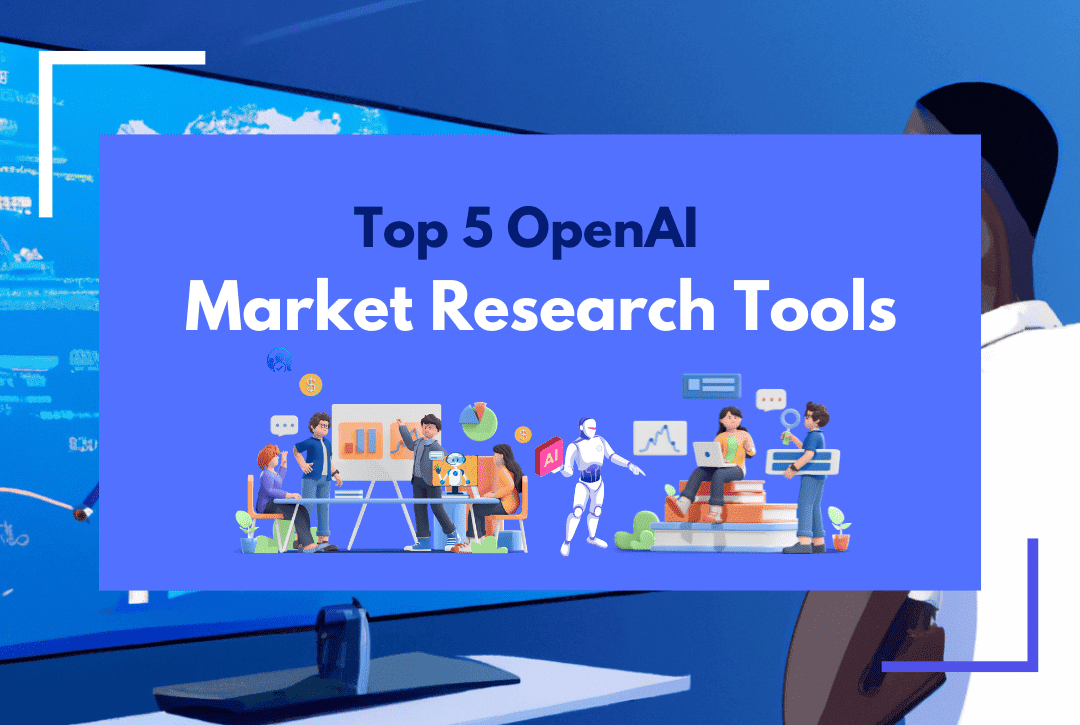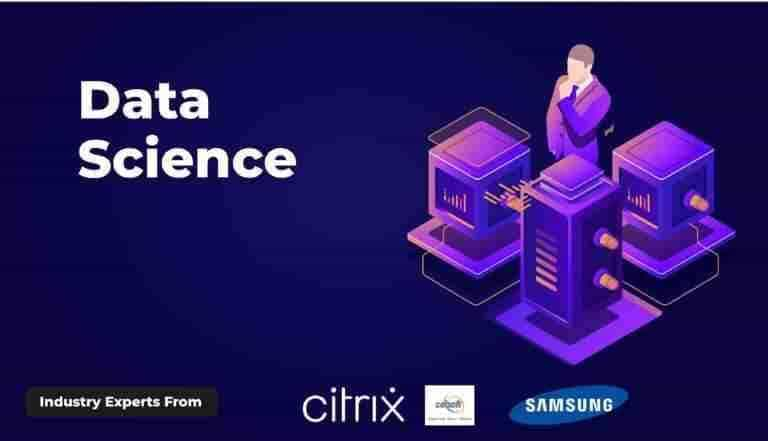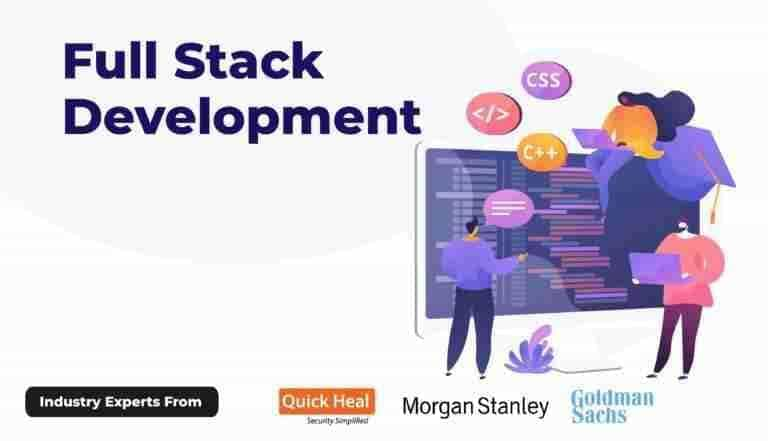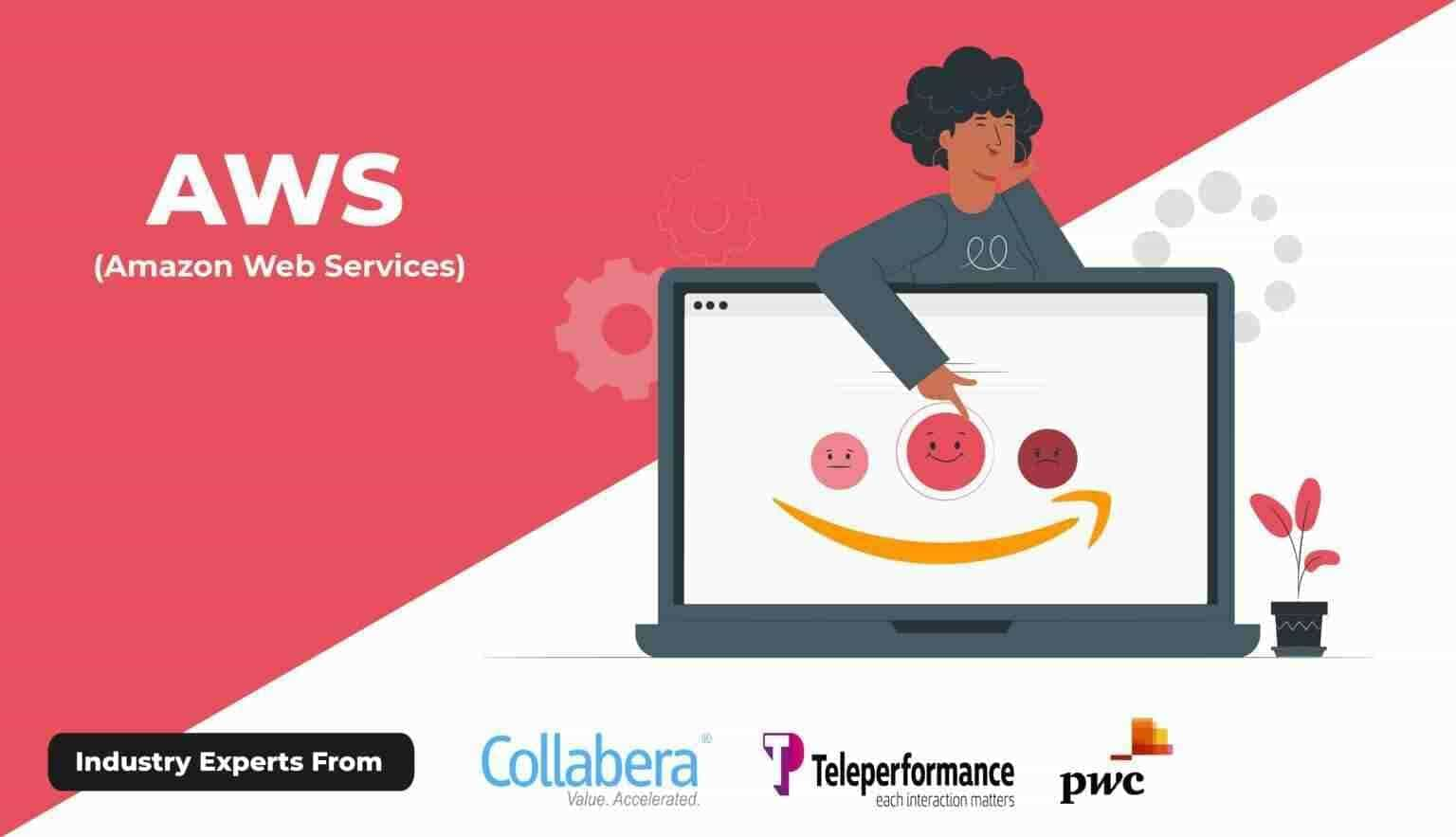AI Tools for Competitive Research and Market Trends

In this article, we’re diving deep into some of the best AI tools out there for competitive research and tracking market trends. But don’t worry we’re not just tossing out a list. We’re walking through what each tool does, what it’s great at, and how you can actually use it in the real world.
Why AI for Competitive Research Just Makes Sense
Let’s have a quick heart-to-heart: doing competitive research manually is exhausting. You open 27 tabs, scroll endlessly, jot down notes, compare numbers, check one more blog post and still feel like you’re missing something. Sound familiar?
Here’s where AI steps in to save your sanity:
- Speedy analysis: AI can process enormous volumes of data in seconds. We’re talking thousands of websites, articles, or reviews in less time than it takes to make a sandwich.
- Better insights:Spotting patterns, flagging anomalies, or surfacing market shifts before they go mainstream—that’s AI’s sweet spot.
- Real-time updates: Markets move fast, and AI tools can alert you to changes the moment they happen.
- Smarter forecasting: Some tools even help predict what might happen next so you can be proactive instead of reactive.
Bottom line? With AI, you’re not just playing catch-up. You’re playing ahead.
1. Crayon – Your Always-On Market Spy
Imagine if you had a super-alert assistant who monitored all your competitors 24/7 and sent you a neat report every morning. That’s Crayon in a nutshell. This tool tracks everything your competitors do from website changes to social media posts, product updates, and beyond.
Why it’s awesome:
- Real-time competitor activity monitoring
- Automatically updates battlecards for sales teams
- Insightful dashboards for strategic decisions
Best for: Marketing and sales teams who don’t want to miss a move.
Real talk: Crayon is like having binoculars trained on your competitors at all times—without the creepiness.
2. SimilarWeb – Web Traffic Wizardry
If you’ve ever wondered, “Where’s all their traffic coming from?!”—SimilarWeb is your go-to. It gives you visibility into your competitors’ web traffic sources, user behavior, and performance over time.
What you’ll love:
- Detailed traffic analysis (think sources, bounce rates, session times)
- Competitive benchmarking
- Keyword and referral insights
Best for: SEO teams, digital marketers, product strategists.
Human POV: It’s like having behind-the-scenes access to your competitor’s Google Analytics. Legally, of course.
3. SparkToro – Understanding Your Audience Like a Mind Reader
Want to get inside your customer’s head and know exactly what content they consume, who they follow, and what influences them? SparkToro helps you do just that.
Why it stands out:
- Discover where your audience hangs out (podcasts, blogs, social platforms)
- Audience segmentation and behavior data
- Campaign planning made smarter
Best for: Content marketers, media buyers, brand strategists.
Let’s be honest: If you’ve ever wished for a “where does my audience hang out” crystal ball—this is pretty darn close.
4. Semrush – Not Just for SEO Nerds Anymore
Semrush started as an SEO tool, sure, but it’s grown into a full-fledged competitive analysis beast. It gives you data on keywords, backlinks, content performance, and even advertising strategies.
Cool features include:
- SEO and PPC campaign monitoring
- Competitor keyword tracking
- Market Explorer for industry-wide analysis
Best for: SEO managers, PPC teams, content creators.
Reality check: If your competitor is outranking you or outbidding you, Semrush will tell you why—and how to beat them.
5. BuzzSumo – Find the Content That’s Actually Working
Not all content is created equal. BuzzSumo helps you find what’s working in your niche and what’s just noise. From viral blog posts to social shares, this tool brings content strategy into focus.
Why it rocks:
- Content performance insights (shares, likes, links)
- Influencer identification
- Competitor content alerts
Best for: Social media strategists, bloggers, PR teams.
In plain terms:It’s like Google Alerts, but smarter, prettier, and more useful.
6. Gong – Listen to the Voice of the Market
You might think Gong is just for sales teams—and sure, it is—but it’s also a secret weapon for product teams and marketers. By analyzing sales calls and emails, Gong uncovers how people really talk about your brand, your competitors, and the entire market.
Unique advantages:
- AI-driven conversation analysis
- Real-time competitor mentions
- Voice-of-customer feedback loop
Best for:Sales leaders, product teams, marketing strategists.
Think about it: This is gold. Real conversations, real language, real feedback. Not surveys or guesses.
7. PaveAI – Make Sense of Your Data, Finally
PaveAI is the tool that looks at your Google Analytics and says, “Here’s what actually matters.” It translates complex data into plain-language strategies you can act on.
Standout features:
- Automated performance reports
- Actionable insights from web traffic
- Data storytelling made easy
Best for: Marketing managers, startup founders, data-curious folks.
Honest review: It’s like having a data analyst on your team—minus the salary.
How to Build Your AI Tool Stack
Here’s the fun part: you don’t have to pick just one. Most teams benefit from using a few of these tools in tandem.
Try combos like:
- BuzzSumo + SparkToro for content and audience brilliance
- Semrush + SimilarWebfor traffic and keyword dominance
- Crayon + Gong for external moves + internal conversations
Ask yourself:
- What’s my biggest data pain point?
- Do I need audience insights or competitor tracking?
- How fast do I need results?
Your perfect tool stack is the one that feels less like juggling—and more like owning the room.
Level Up: Learn the Tools, Not Just Use Them
Here’s something people don’t talk about enough: using AI tools well is a skill.
Anyone can sign up for a tool. But making sense of the data, spotting patterns, and turning insights into actions? That takes practice—and the right training.
That’s why courses like Uncodemy’s Data Science Course in Noida or Digital Marketing Course in Noida are worth their weight in gold.
You’ll learn not just what the tools do, but how to make them work for you. And in today’s fast-paced digital world, that’s not optional—it’s essential.
Final Thoughts: Be the One Who Sees Around Corners
AI won’t magically turn you into a market genius. But it will give you the insights, the data, and the head start you need to make smarter, faster, more confident decisions.
So whether you’re tracking a competitor’s next move, trying to figure out where your audience is headed, or just tired of staring at spreadsheets—let AI lend a hand.
Because when you combine your creativity with AI’s power, you’re not just reacting to the market—you’re shaping it.
And that’s how real growth happens.
Frequently Asked Questions (FAQ)
Q1. Are AI tools for market research expensive?
A: It depends. Many tools offer free trials or tiered pricing based on features. Start small, experiment, and scale as needed.
Q2. Can small businesses benefit from using these AI tools?
A: Absolutely. In fact, AI tools can level the playing field for small teams by automating and enhancing insights.
Q3. How accurate are the insights provided by AI tools?
A: While AI tools provide data-driven insights, they should complement human judgment. Use them as a guide, not gospel
Q4. Do I need technical skills to use these tools?
A: Most modern AI tools have user-friendly interfaces. Basic digital literacy is usually enough to get started.
Q5. Which course should I take to learn more about these tools?
A: Consider enrolling in Uncodemy’s Data Science Course in Noida or Digital Marketing Course in Noida to get hands-on experience.


























